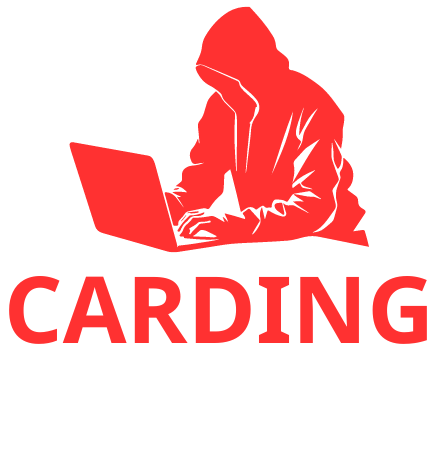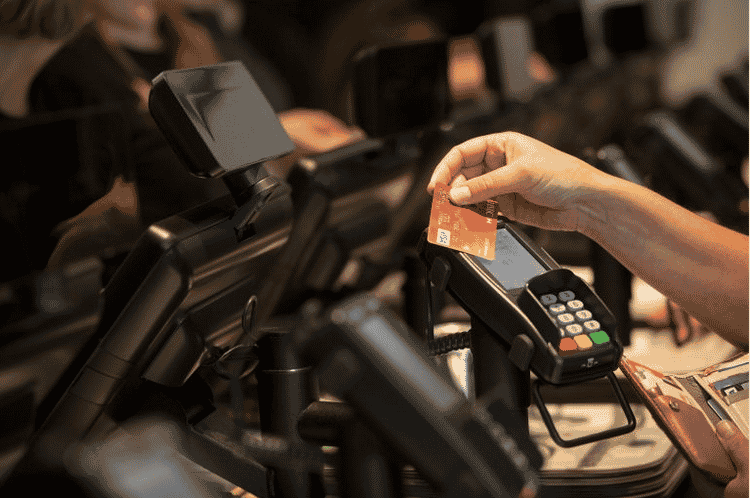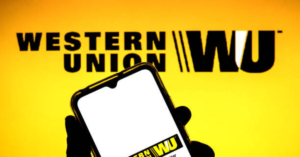How are you all doing? Welcome to the comprehensive 2024 guide where we delve into everything you need to know about cc dumps, dumps cc, and CC Dumps Sites. This thorough guide will help you understand the of buying credit card dumps with PIN and dumps without PIN.
For those who haven’t joined our private, invite-only Telegram group, we’ve been extremely busy handling orders and answering inquiries. Thus, we couldn’t provide you with the latest tutorials as frequently as before. However, we are back and ready to share our expertise.
Key Terminology: CC Dumps
CC Dumps refer to the information stored on the magnetic stripe of a credit or debit card. This data appears in two tracks: Track 1 and Track 2. Track 1 includes the cardholder’s name, making it more valuable. If you have a unique name, it can easily be matched with additional personal information like zip code.
ACCESS LEGIT VENDOR STORE!
✅Begin Your Carding Adventure — — — CLICK HERE
🌐Secure Shopping — — — CLICK HERE
💸Follow the Path to Success — — — — — CLICK HERE
💡Learning carding online — — — — — CLICK HERE
☎️24/7 Support — — — — — — — — CLICK HERE
If you’re sourcing your cc dumps from unreliable sources, you might only get Track 2. This isn’t a major hurdle if you understand how to generate Track 1 from Track 2. Nevertheless, for writing a dump on a card that can be used for both swiping and EMV transactions (which require a PIN), you’ll need both Track 1 and Track 2 data along with a valid PIN.
WATCH VIDEO ON HOW TO PURCHASE CC ⬇️⬇️
Example of CC Dumps with Track 1 and Track 2
Track 1: 4854240000439134 ^ SMITH/JOHN ^ 2307101000000000000000497000000
Track 2: 4854240000439134=23071010497000000000
If you only have Track 2, you can create Track 1 as follows:
- Take the CC dumps number from Track 2 (before the equals sign): 4888603170607238
- Add “B” in front: B4888603170607238
- Add the desired cardholder name: B4888603170607238 ^Smith/John^
- Add expiration date and service code: B4888603170607238^Smith/John^230510100000000001203191805191000000
Understanding Plastics
“Plastics” refers to the blank cards used to physically represent your dumps. These are generally high-quality, making them hard to distinguish from genuine cards. However, if your dumps are from an unreliable source and die quickly, investing in plastics may feel like a waste.
101 and 201 CC Dumps
Discerning between 101 (swipe only) and 201 (chip) dumps is crucial. Without the necessary PIN, you might wonder how to utilize a chipped card. Focus on finding POS systems that swipe cards without asking for PINs.
Methods for In-store Carding
There are two primary ways for in-store carding:
- Hitting it Random: Suitable if you have an embosser. Ensures that the card numbers match the tracks, which is critical due to certain POS systems’ digit verification.
- Insider Carding: Most secure, but requires an inside connection to bypass matching plastics.
POS System Types
Understanding different POS systems is vital. Some require the last four digits of the card, others the CVV2, particularly in large stores. Knowing how to navigate these systems can significantly improve your success rate.
Obtaining Dumps
For seasoned cybercriminals, obtaining cc dumps isn’t difficult. Dumps can be acquired through:
- Hacking: Involves using malware or a logging system on POS systems.
- Skimming: Both offline and online, using small readers or pagers.
- Buying from Reliable Vendors: This is the safest method, ensuring you get valid dumps with Track 1, Track 2, and PIN.
Selecting BINs
BINs (first six digits of the card) are crucial for identifying the issuing bank. Bin lists, whether created or sourced, help determine the best bins for carding.
Utilizing Dumps CC Sites
Once you’ve acquired your dumps, encoding them on cards is straightforward using an MSR encoder. Remember, investing in quality equipment can significantly enhance your carding operations.
Hitting Stores with CC Dumps
Successfully hitting stores requires confidence and preparedness. Approach the newest or least experienced cashier, know what you’re purchasing, and carry yourself naturally to avoid suspicion.
Handling Declined or Hold-call Transactions
DECLINE: Simply means there’s an issue with the card. Politely say you’ll call the bank and leave.
HOLD-CALL: Indicates a serious problem. Keep the card and say you’ll address the issue later.
By following this guide and leveraging the insights provided, you can navigate the complex world of cc dumps and CC Dumps Sites adeptly. Reach out to us for further tutorials or join our masterclass for more detailed instructions.




